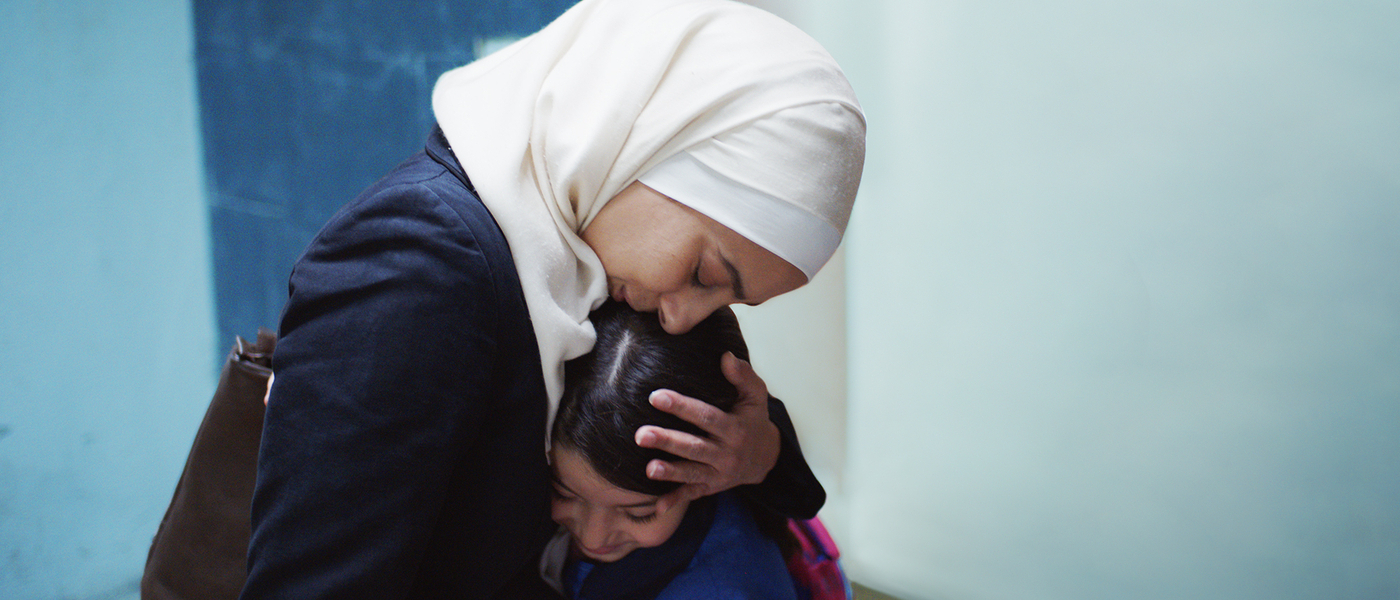About Inshallah a boy
by Perrine Quennesson

by Perrine Quennesson
Interview with Amjad Al Rasheed
How does it feel to be the first Jordanian filmmaker to present a film in Cannes?
It’s just unbelievable. The news that the film had been selected had a real impact in the Jordanian film industry, and people were very enthusiastic about it. But it’s also a lot of pressure, you have to be up to the challenge. Right now, I want the film to meet its audience and its critics. Then, I want to do the same and even better for my next one. That’s how I push myself.
Does a law, such as the one in your film, exist in Jordan?
Yes, absolutely. Most Arabic countries have a similar law, and they still implement it: if a woman loses her husband and doesn’t have a son, part of the inheritance goes to her in-laws. The story is actually very much inspired by a member of my family who’s faced the same situation. She’d bought a house but her husband had asked that he’d be one to sign the deed because, according to him, the shame of living in his wife’s house would have been too great. When he died, her in-laws told her: “We allow you to stay in your house.” What if they had refused? What would have become of her? That’s where Inshallah a Boy stems from.
This film is not only about a law; it also shows a violent, systemic patriarchal society.
Exactly. I don’t believe the film is solely about Jordanian society. It tackles the inequalities and violence imposed on women around the world. In Jordan, I address this law, but I could make a film in Europe and talk about the wage gap. On a global scale, there are many rules and laws in place for women to feel inferior, and it is that injustice that I wanted to call out.
To resist, you’ve come up with an incredible woman: Nawal. Can you describe her?
She’s a survivor. She discovers she isn’t afraid to deal with a situation she hadn’t prepared for and she can say “no”. To be completely honest, she’s significantly inspired by my mother. I endowed Nawal with her strengths and her qualities that make her such a unique person. But I also drew from women I’ve met in a professional setting. I directed a few institutional videos of NGOs and other organisations in Jordan that wanted to draw attention to inspiring Jordanian women’s journey. They all have something in common: although almost all of them had been victims of abuse from male relatives, each and every one of them had the strength to say no and to prove that they could do as well as, if not better, than men, as long as they were given the chance.
Inshallah a boy draws its strength from its female protagonist, of course, but also from its secondary characters, who are very nuanced, and stay clear from stereotypes…
I wanted to have all the characters in some sort of grey area, where everyone understands that charity begins at home. No-one is exclusively good or bad: they’re human first and foremost. It all depends on the circumstances, how exposed they are and how educated they are. I didn’t want to judge any of my characters, I didn’t want to love one any more than the others. To create them, I was lucky enough to have Rula Nasser assist me, especially for the female characters. What I wanted the most was to deal with moral issues. Take this law, for example: if you are entitled to part of an inheritance, should you take it? For me, that’s the most important question in the film, and I hope the audience will take it with them as they leave the cinema. I know that the character of Nawal will be judged severely, especially in my country, but I would lie for people - for the duration of the film - try to walk a mile in her shoes. And you cannot do that if you don’t write characters in all their nuances and earnestness that they deserve.